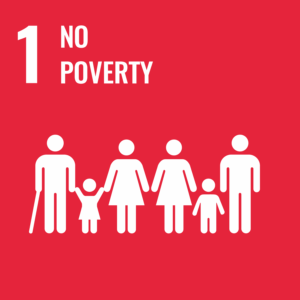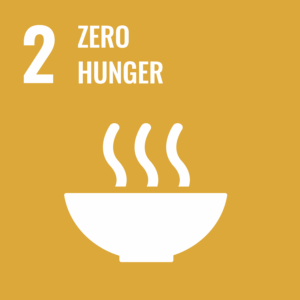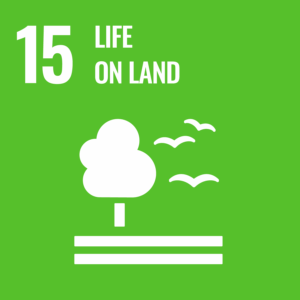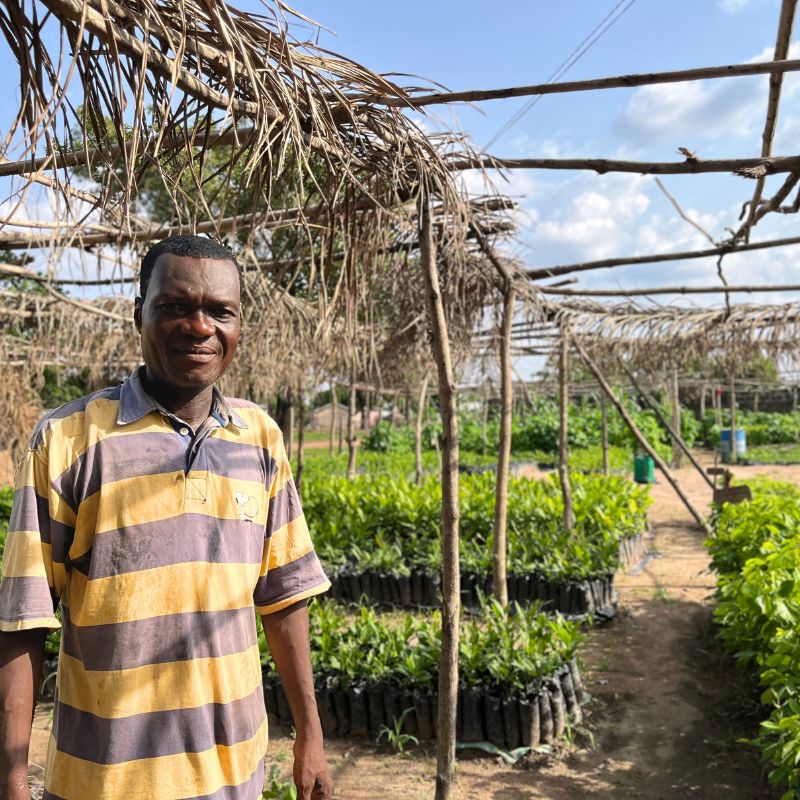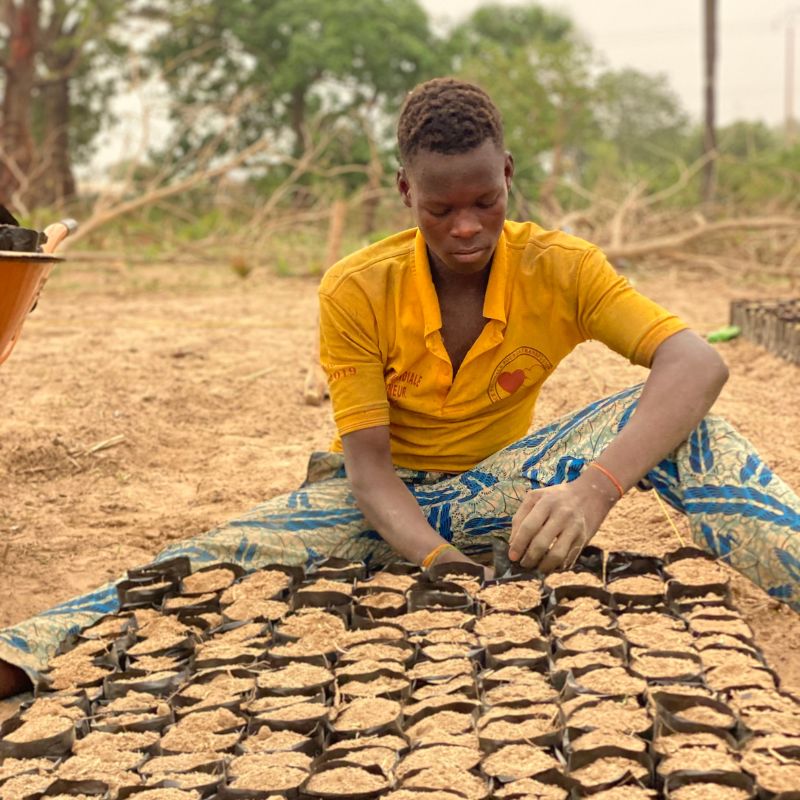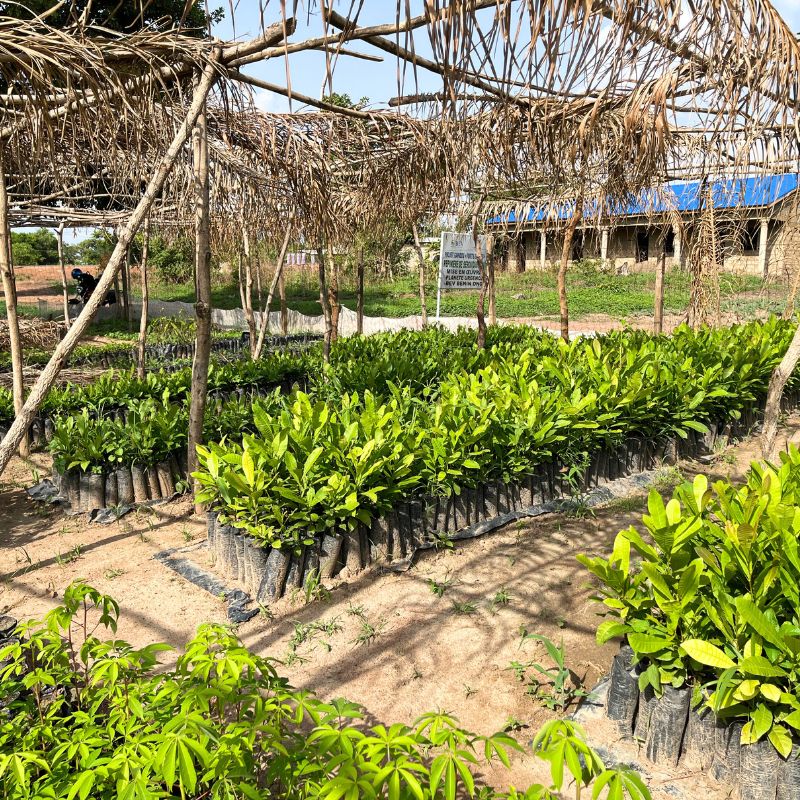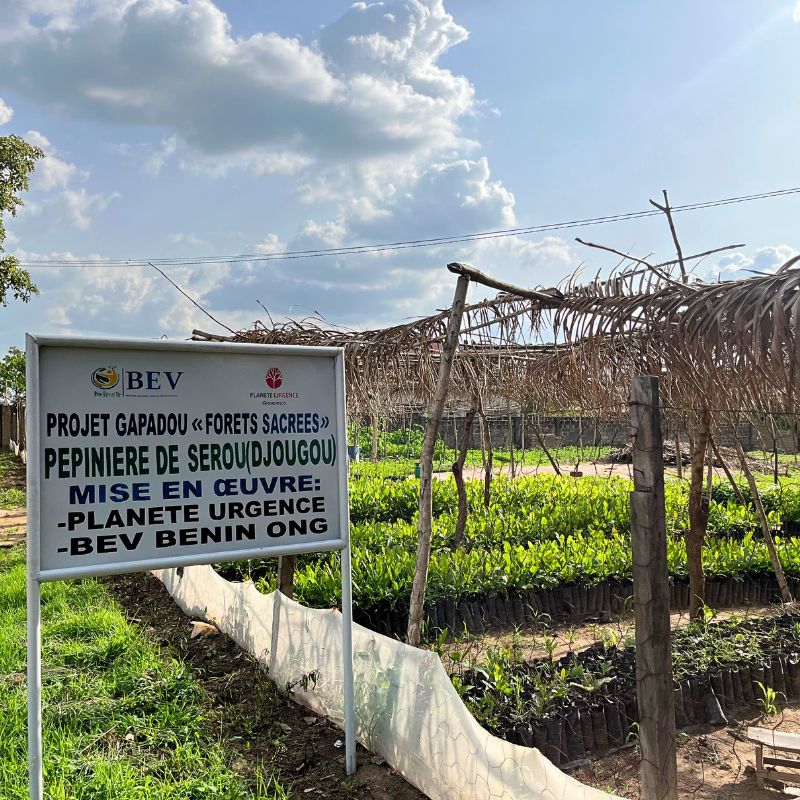
Our projects
Sustainable management of sacred forests and strengthening the resilience of local communities
Project GAPADOU – Benin
On deployment
Benin has almost 2,900 sacred forests covering an area of 18,400 ha. In the communes of Bassila and Djougou in the Donga department, as in other communes, sacred forests have long played a very important role in the conservation of natural and biological resources.

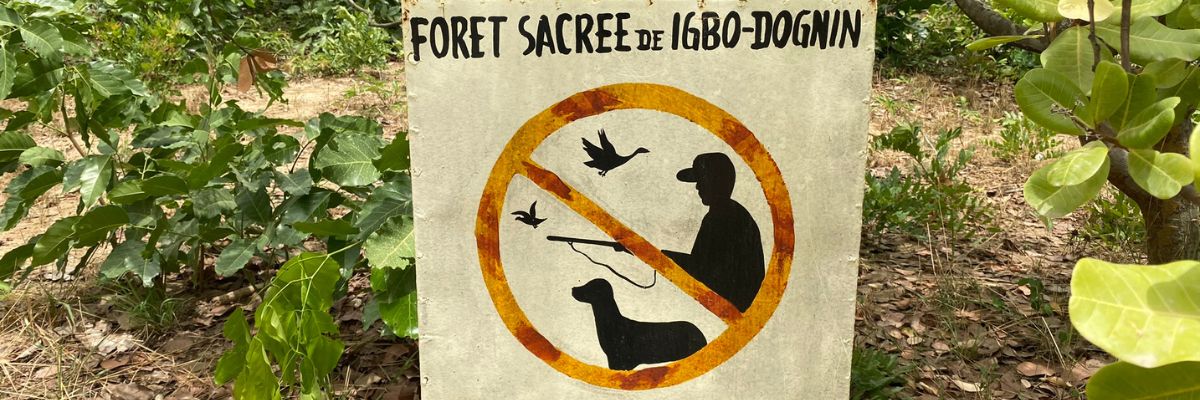
Context
Sacred forests are endogenous forms of conservation of natural resources and biodiversity in the world. They are areas protected on the basis of traditional endogenous beliefs in a sacred element residing within the forest. Benin has around 2,900 sacred forests.
With demographic pressure and the growing need for arable land to expand agriculture (development of cash crops such as cotton, etc.), the need for wood energy (firewood and charcoal) and extreme poverty in the villages, the exploitation and destruction of forest areas is accelerating.
Objectives
The conservation and sustainable management of sacred forests depends on four key levers: (a) the restoration of these forests through reforestation with indigenous species, which will help to preserve their sacred character; (b) the concerted development of sustainable economic alternatives to reduce pressure on the forests; (c) the improvement of management methods for local communities dependent on these resources; and (d) community ownership of environmental protection issues through awareness-raising at all levels of society.
The project’s SDGs
Key figures
Since 2023 :

425 180
trees planted

2 108
direct beneficiaries
« Thanks to the project, I was able to plant trees, I believe that in a few years these trees will grow especially with all the techniques we were taught to properly maintain the trees. The GAPADOU project is the project that was needed for our village because it helps to better protect this forest which is the soul of the village »
Fassassi, reforester in Alédjo-Partago – Bassila
Financed by

Implementation partner

